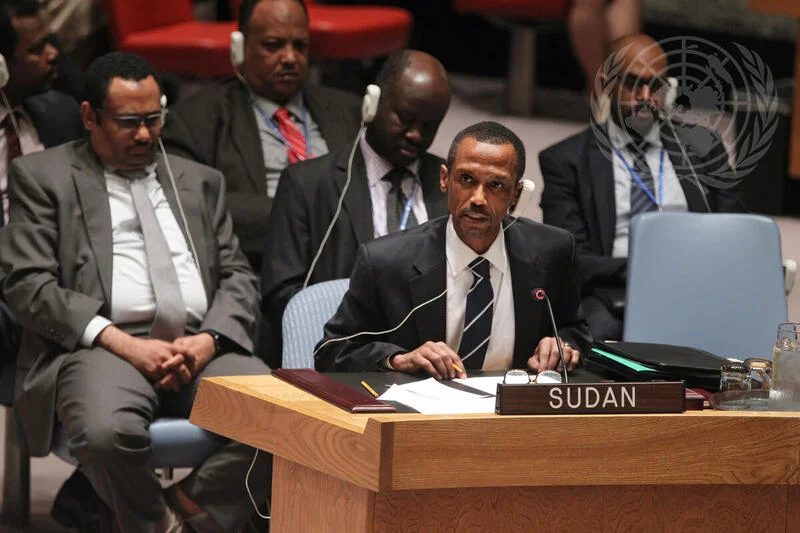Top officials from three major global organizations the U.N. refugee agency, the World Health Organization (WHO), and the U.N. Mine Action Service (UNMAS)—delivered dire warnings on Friday concerning the rapidly worsening situation in Sudan.
The fighting, which erupted into war in 2023 between the national military and the rival paramilitary Rapid Support Forces (RSF), has devastated the nation.
The military and the RSF were former allies who were once supposed to oversee the country’s transition to democratic rule following a 2019 popular uprising.
Catastrophic Loss of Life and Health
The WHO estimates that the conflict has resulted in the deaths of at least 40,000 people and the displacement of 12 million others. However, aid groups suggest the true death toll could be many times higher than official figures indicate.
Last month, the RSF seized control of Al-Fashir, the capital of North Darfur. The WHO reports that RSF fighters subsequently rampaged through the Saudi Hospital in the city, resulting in the killings of over 450 people. Aid workers and displaced residents further reported that RSF fighters went house-to-house, committing sexual assaults and executing civilians.
Christian Lindmeier of the WHO highlighted the severe food crisis. He warned that “over 21 million people [are] facing high levels of acute food insecurity as of September this year,” with famine already confirmed in some towns.
Lindmeier also noted that people are dying due to the lack of access to basic health facilities. The nation is seeing an increasing number of cholera cases, with over 3,500 associated deaths.
Trapped Civilians and Mine Threats
The U.N. High Commissioner for Refugees (UNHCR) reported that approximately 90,000 individuals fled Al-Fashir and surrounding areas in the last two weeks.
Jacqueline Wilma Parlevliet, the agency’s Head of Sub Office in Port Sudan, expressed concern for those unable to complete their escape. She noted that people are “stranded somewhere, not able to move further because of the danger or because they risk being sent back into el-Fasher.” She added that highly vulnerable groups, such as persons with disabilities, are among those trapped.
The threat extends to those moving through the country. Sediq Rashid, representing UNMAS, briefed reporters on the mounting casualties caused by landmines and other unexploded ordnance. Rashid stated the situation in Sudan is particularly dangerous because the violence is occurring in densely populated urban areas.
Call for Justice
The Human Rights Council in Geneva addressed the crisis on Friday. The body passed an unopposed resolution. This resolution mandates an existing team of independent experts to launch an urgent inquiry. The investigation will focus on the hospital killings and other severe rights violations in Al-Fashir allegedly committed by the RSF.
Bumrah’s Patience Pays Off: 5-Wicket Haul Sinks South Africa




















